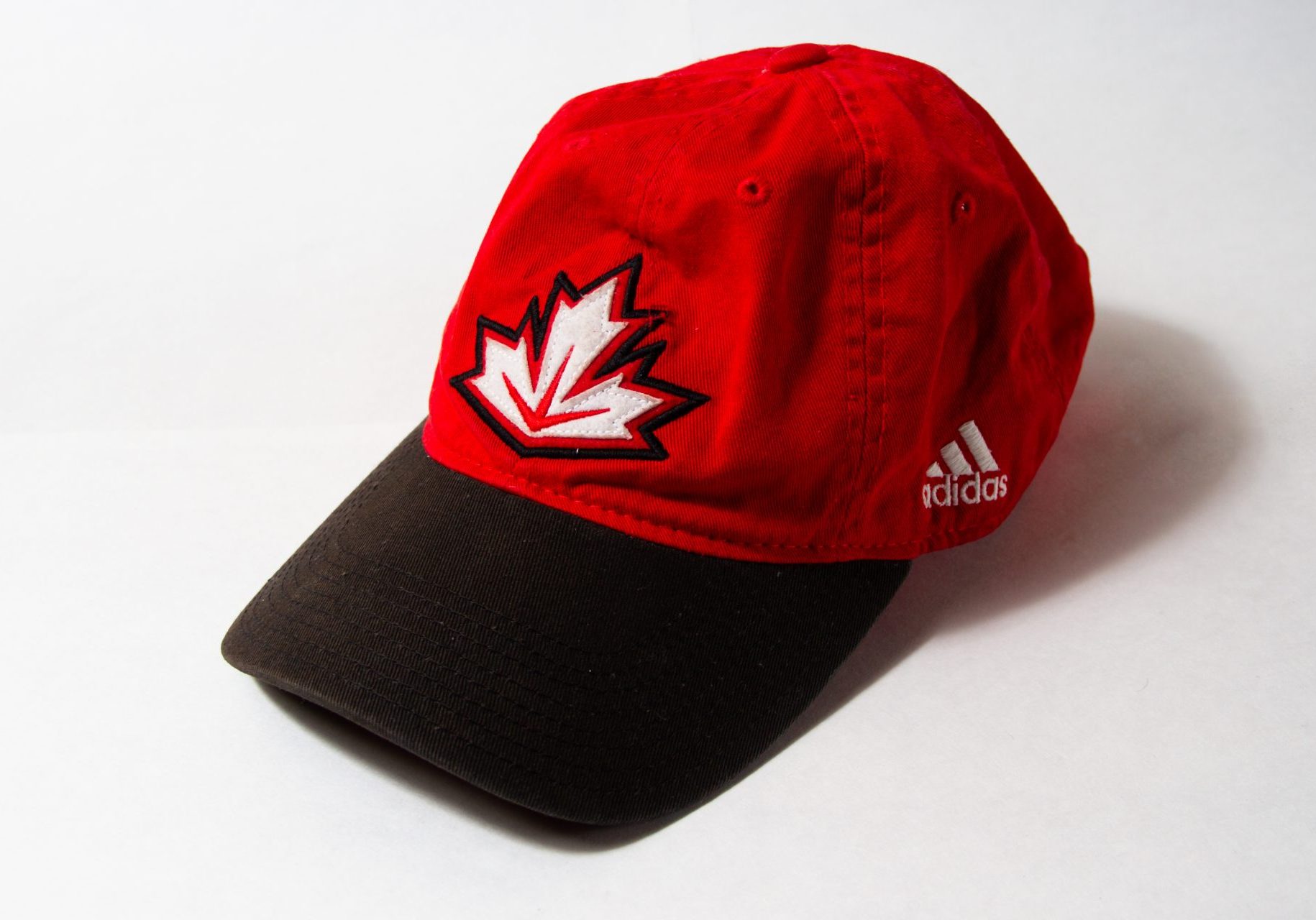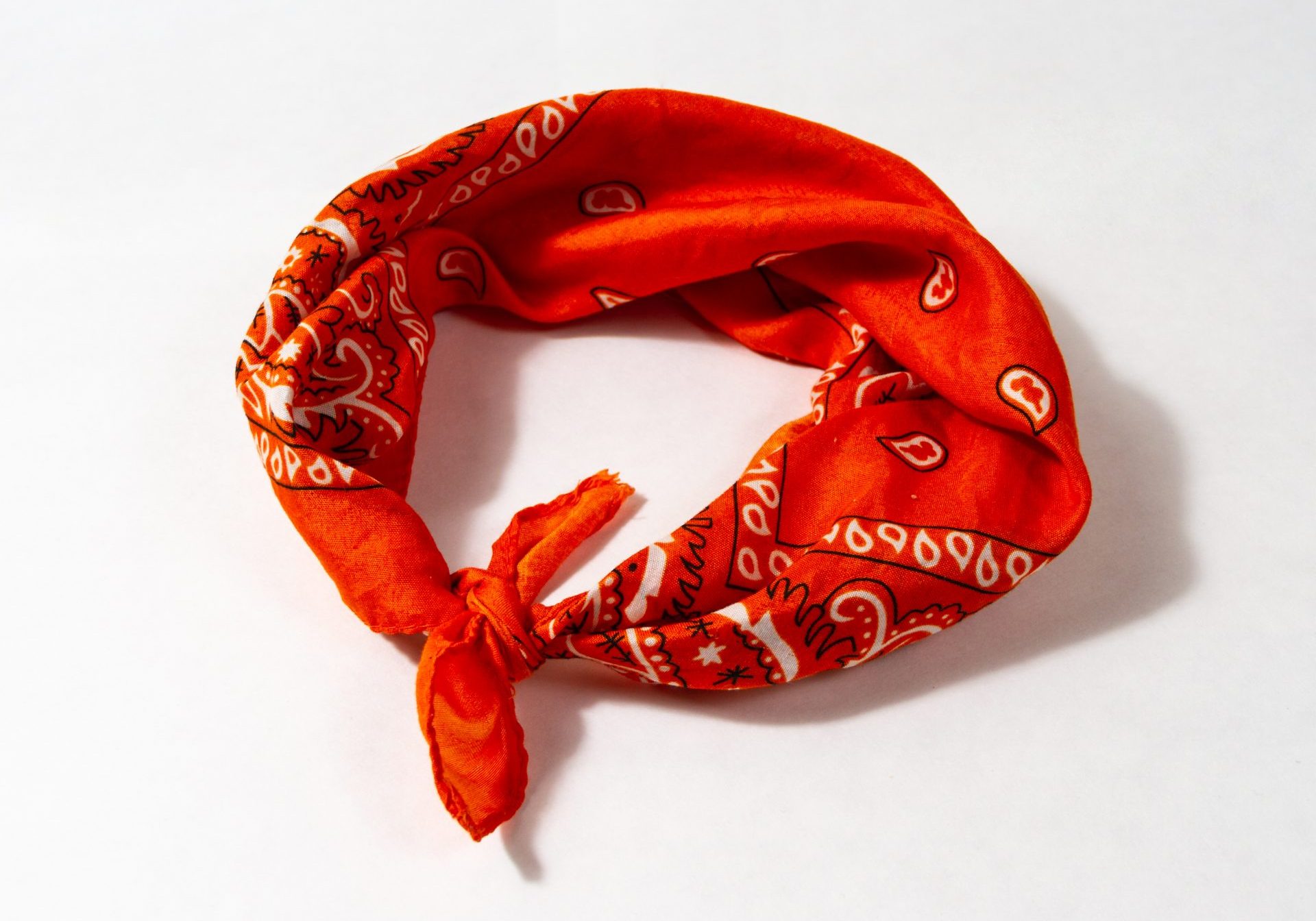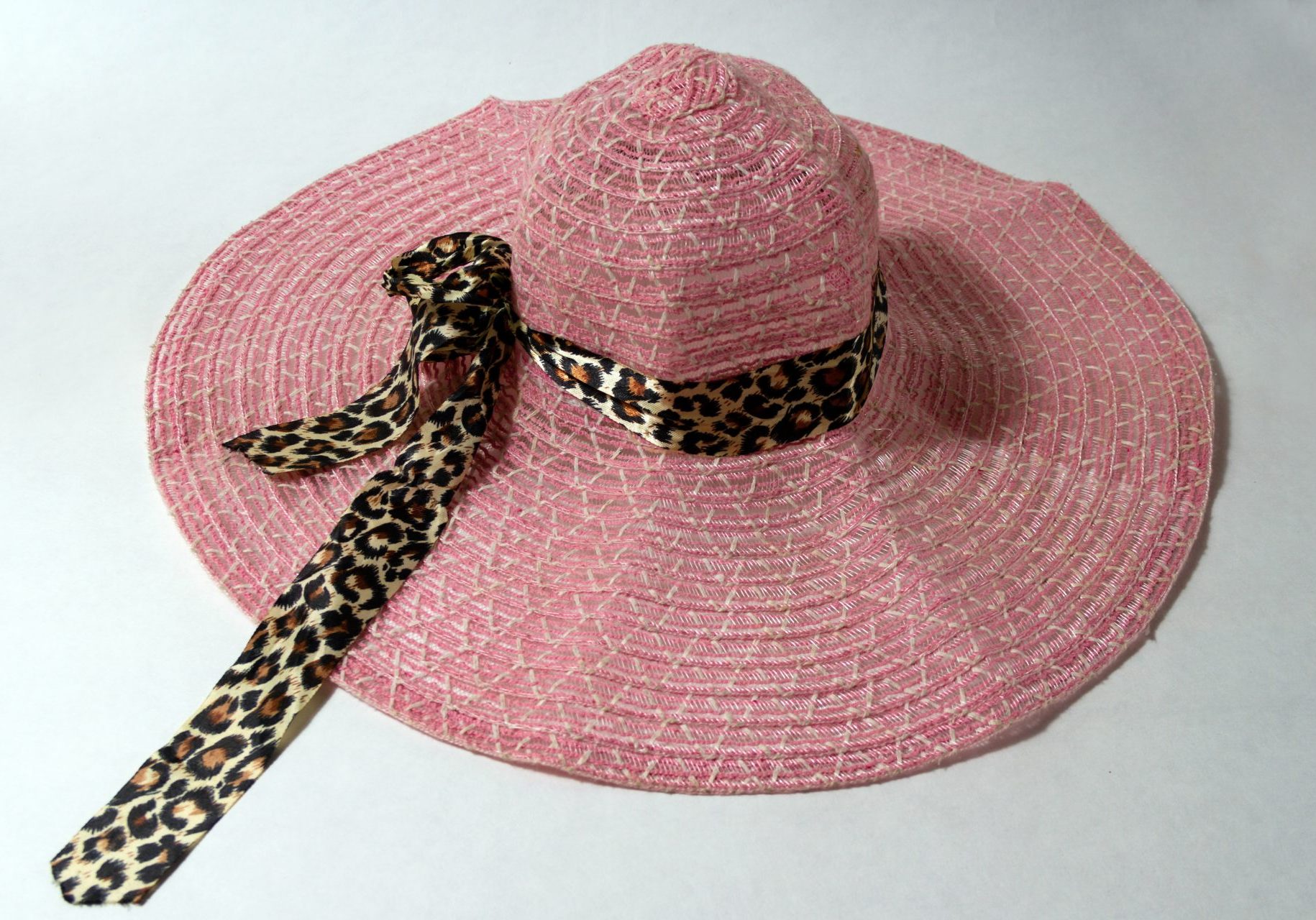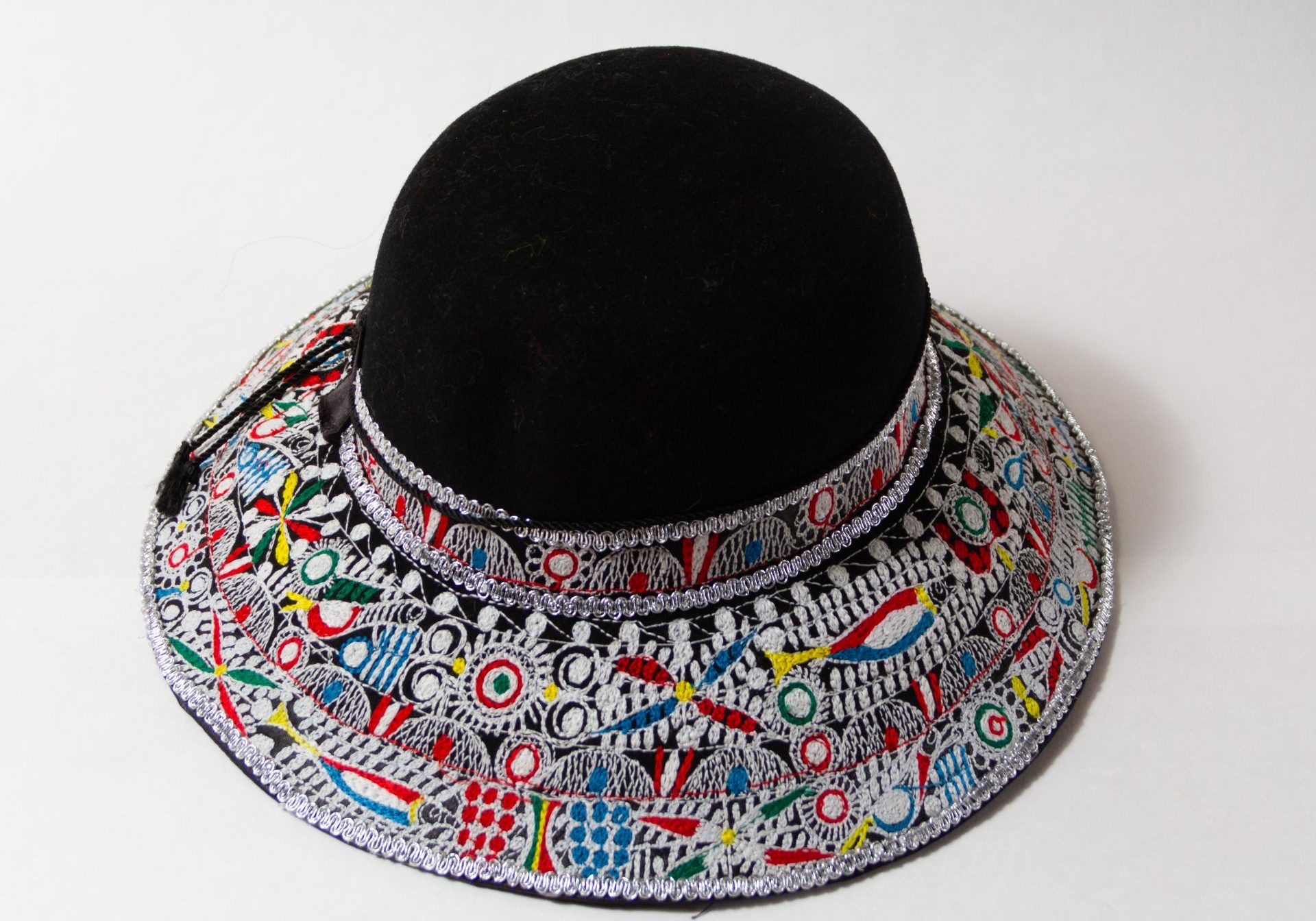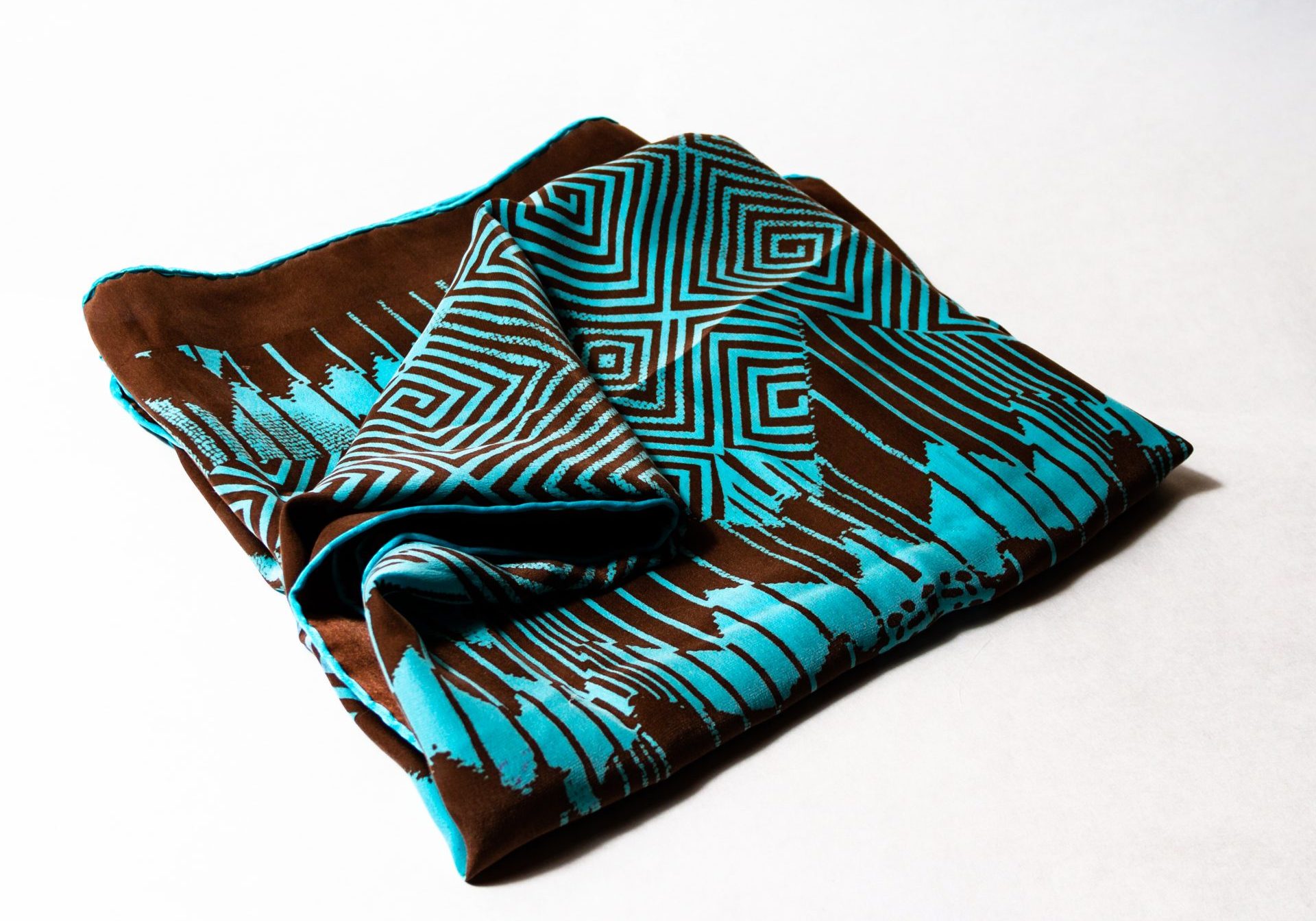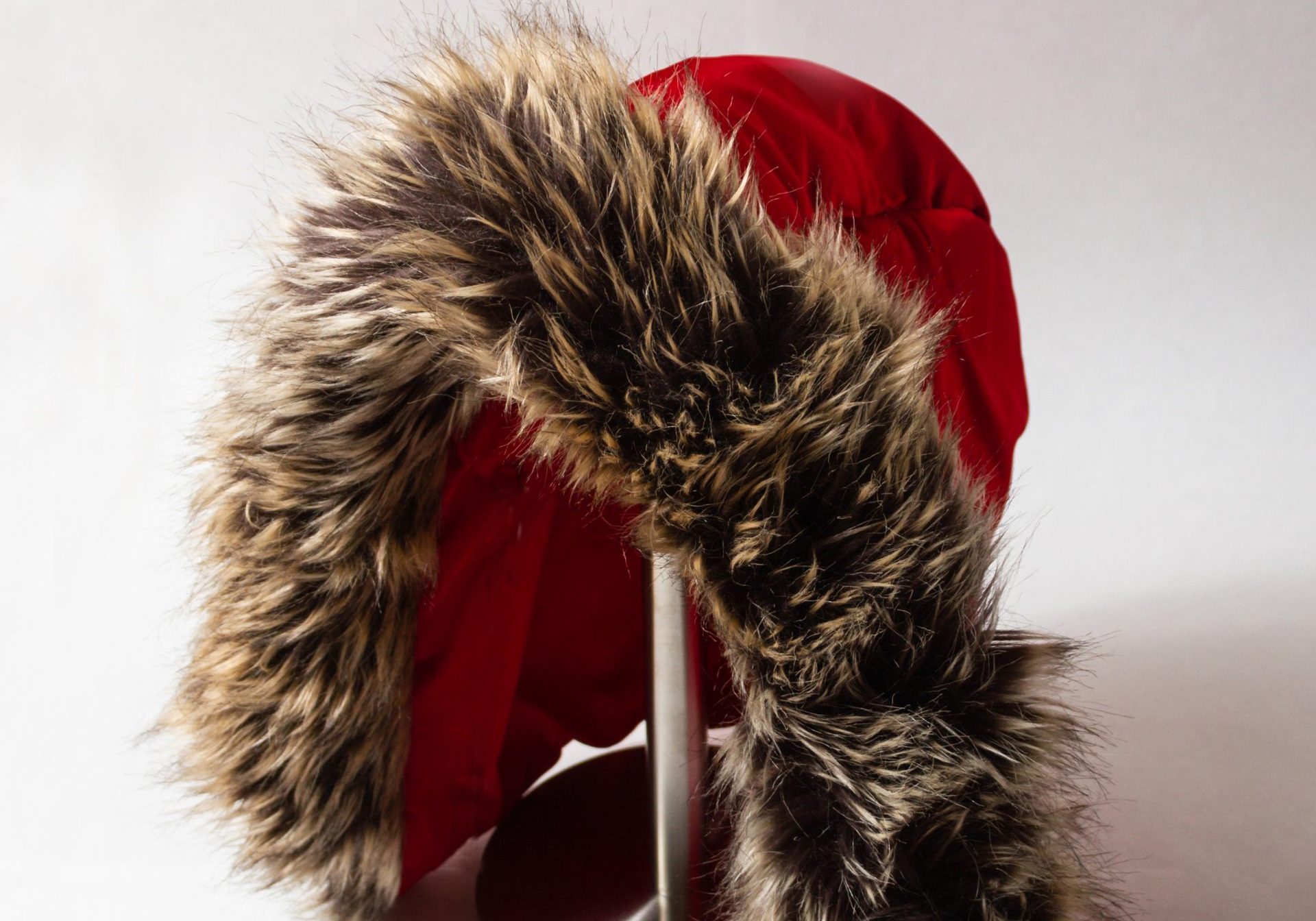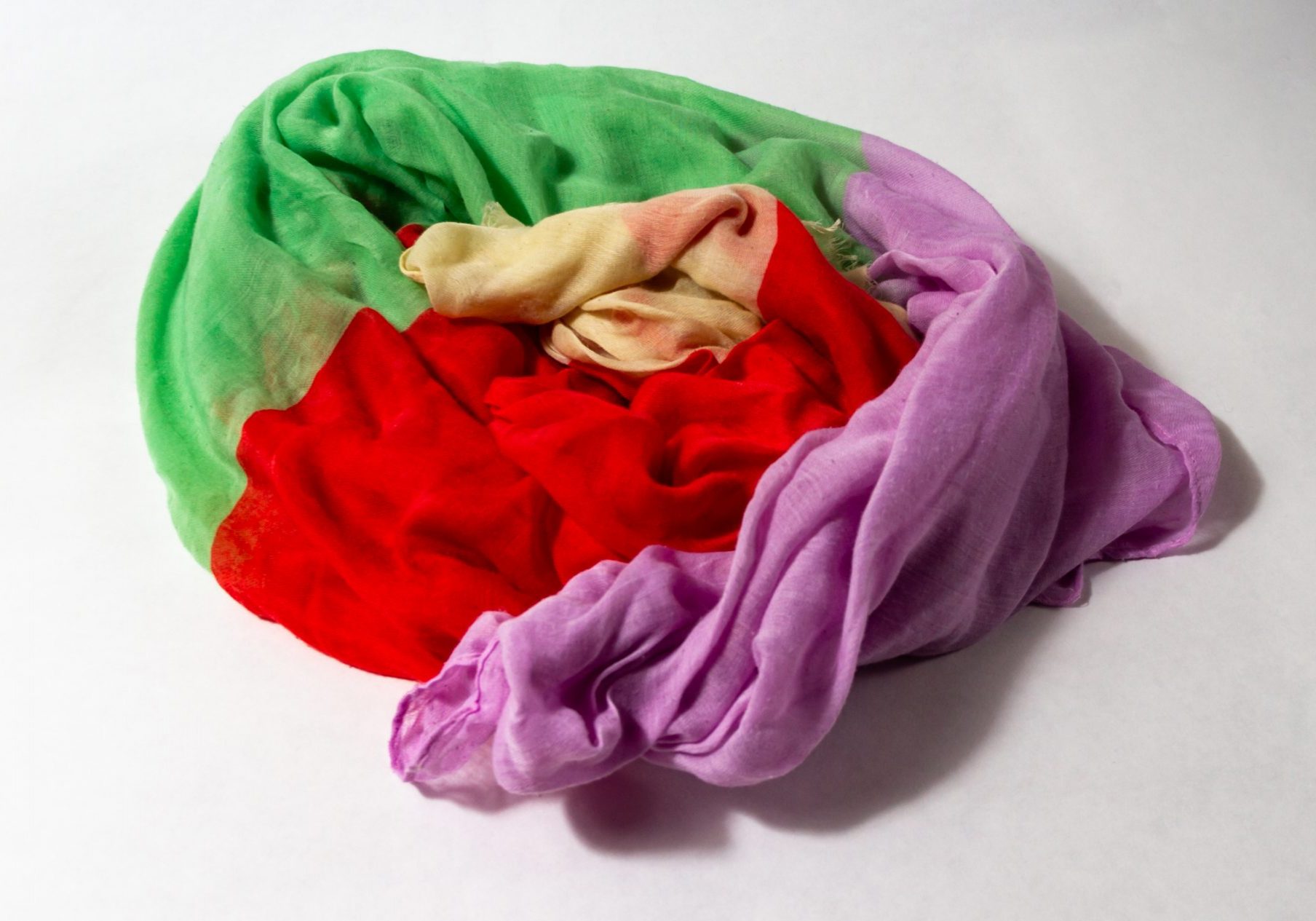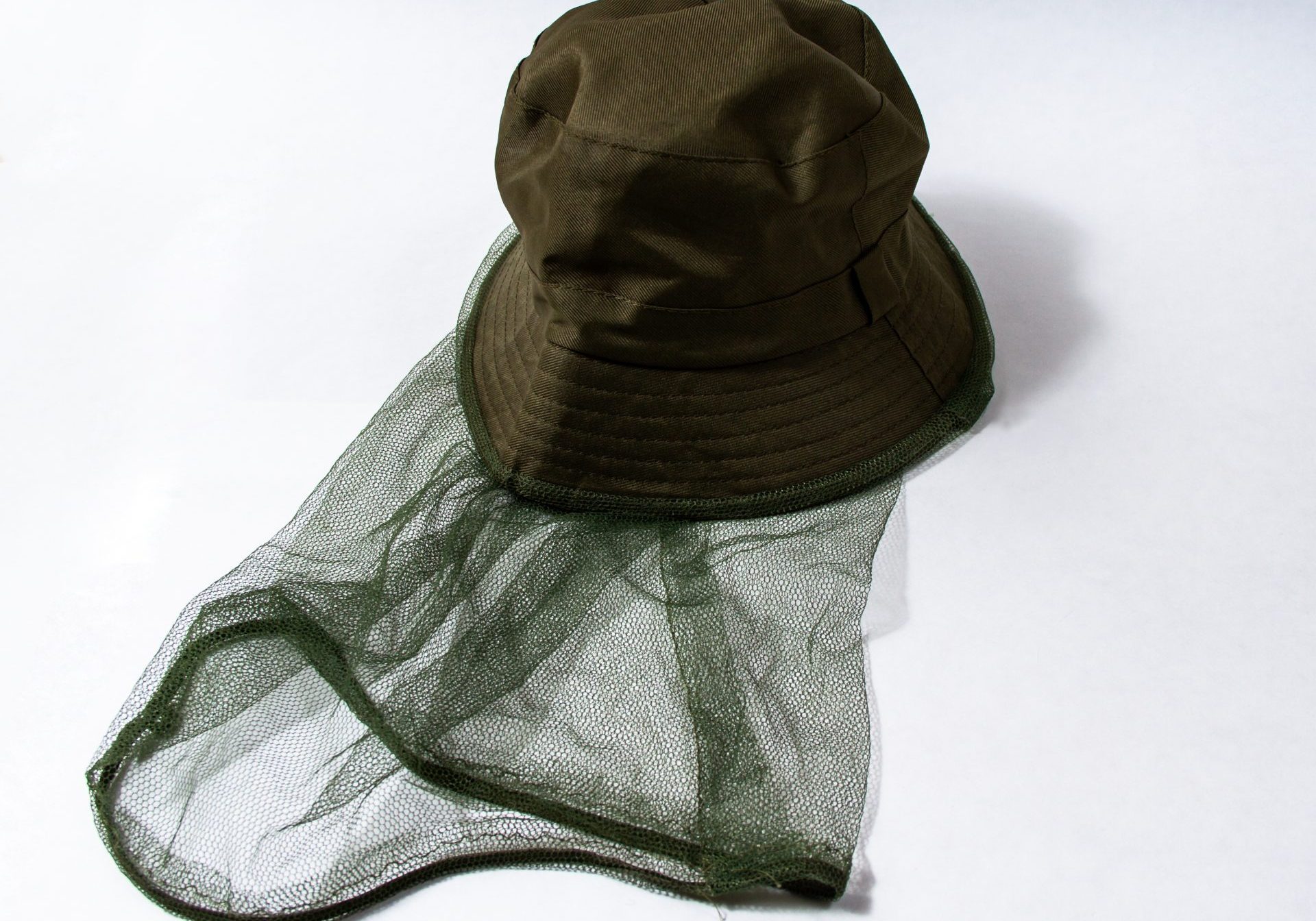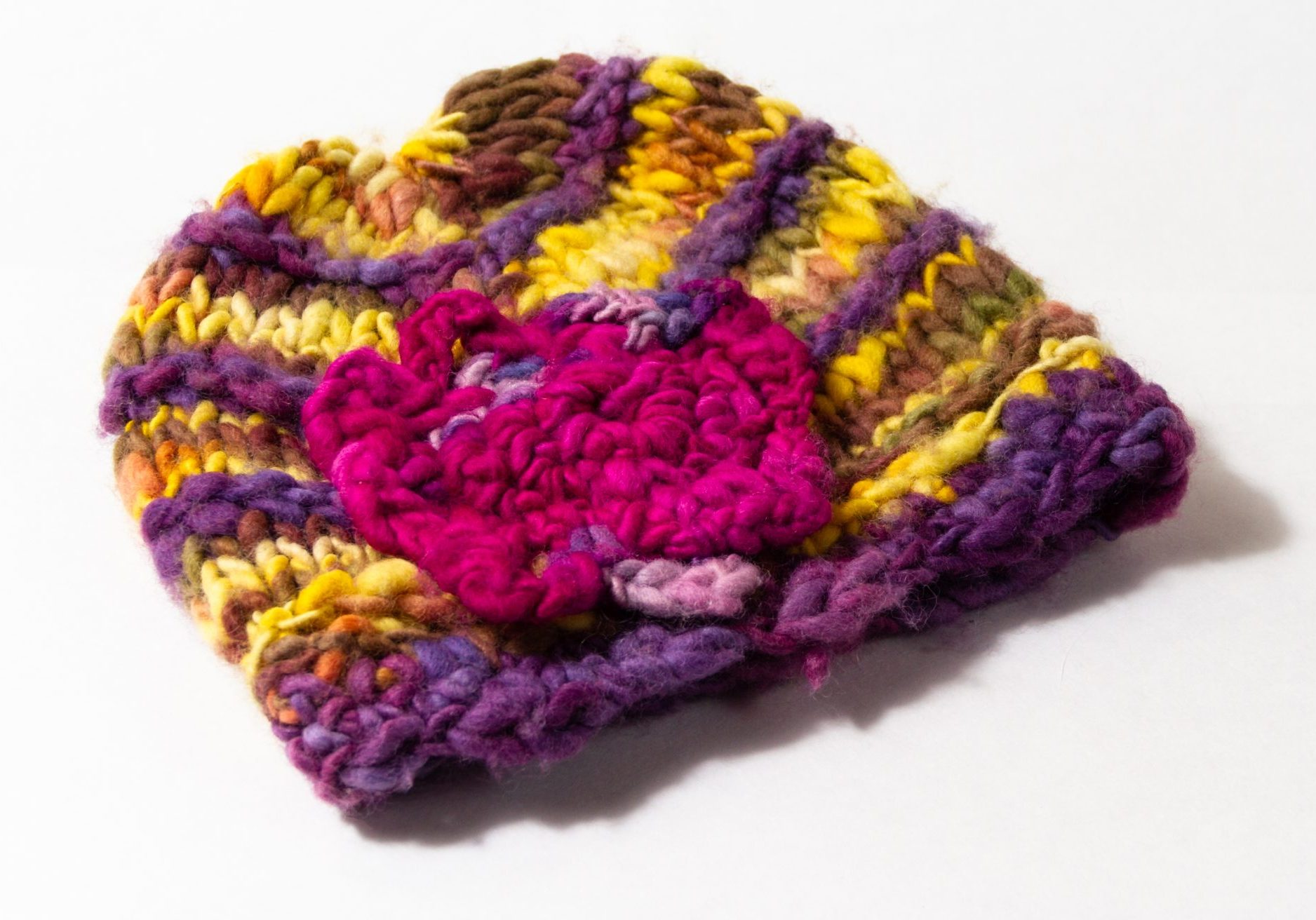Snow at the Border
Nelli Antepli
Summary:
Kyrgyzstani-born Nelli Antepli’s family is living in Cambodia when they learn her Turkish-born husband’s life is in danger. On the frigid March night in 2018, when she and her small son face border guards at Lacolle, Quebec, she is struck by a detail– the snow falling gently on her child’s hat.
Story:
It is three in the morning, March 2018, and we are on the US side of the border crossing at Lacolle, Quebec. I get out of the taxi that has brought me and my four-year-old son Hamza here. Hamza is sleepy. Our journey has worn him down. He wears a dark blue jacket and a mustard beanie that we bought during our preparations for the crossing.
I kneel in front of his tiny face and say, “Sweetheart, we need to walk a bit, and I need you to help Mommy by staying close, okay?”
Hamza nods. I take a deep breath and pick up the two suitcases containing all our worldly belongings. I cannot hold Hamza’s hands since mine are full. We walk towards Canada.
I lived the previous eight years peacefully with my family in Cambodia without witnessing a change in seasons, without snow. Despite all my worries about what will happen to us when we cross the border, at that moment, I notice beautiful and solemn snowflakes floating in the darkness, falling on my son’s hat. I wonder: Do all people in dire situations notice such details just before they take an action that will change their lives forever?
Hamza and I walk towards three Canadian border officers. They stand approximately 20 steps away from us. The officers shout out to stop and wait for further instructions. They say they will flash their flashlights three times just before the crossing should start. They also explain our rights and the consequences of irregular crossings. They ask if I understand. I say yes. After three light flashes, I walk towards them with my son, our modest possessions, a heavy heart and a spark of hope.
Prior to this twist in my life, my husband and I worked as educators in the international school in Cambodia. We moved there from my homeland, Kyrgyzstan, where I met my husband as a university student. We lived the most fulfilling life in Cambodia, blessed with a child and loyal friends. Unfortunately, towards the end of 2017, due to political unrest in my husband’s country, Turkey, he was targeted by his own government for being an educator. His passport was cancelled. We had heard about Turkish citizens getting abducted and deported to Turkey to be imprisoned and tortured.
In one week, we decided that Hamza and I should leave in order to protect our son’s future. We first landed in the U.S., but I could not risk settling there amid worsening negative sentiments towards immigrants and refugees.
After the crossing, Hamza stays close to me. I experience imprisonment and a series of official interrogations. We take off our coats, and I put his beanie in my bag. At the waiting hall, where future refugees gather, I notice a long wall covered with drawings by refugee children. That colourful wall is the only thing that makes sense to me in my disturbed life.
We stay a second night at the border because our papers are not processed yet, and I am given two blankets. I lay one blanket on the floor and use my coat to make a thicker layer for Hamza. I take his beanie out and put it under his head, and l lie down by his side on the cold floor. After volunteers switch off the lights, Hamza hugs me and whispers: “Mommy, can we please go home?”
We are accepted as convention refugees. My husband entrusts his life to smugglers, and we reunite after 15 months of separation.
My favourite poet Rumi says: “The wound is a place where the light enters you.” Despite all the sorrows and wounds, my refugee experience has been an uplifting and enlightening journey. I learned that humans, even in moments of despair and tragedy, are capable of turning personal anguish into shared vulnerability, compassion and genuine connection with others.
NELLI ANTEPLI is originally from Kyrgyzstan. She worked as an educator in Cambodia before coming to Canada as a refugee in 2018. She recently completed her M.A. in Education and, through organizations like The Fig Tree Foundation, she shares her passion for international development projects.
